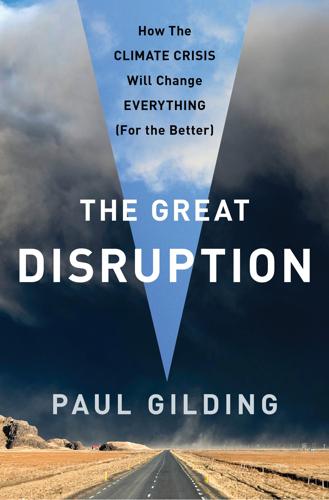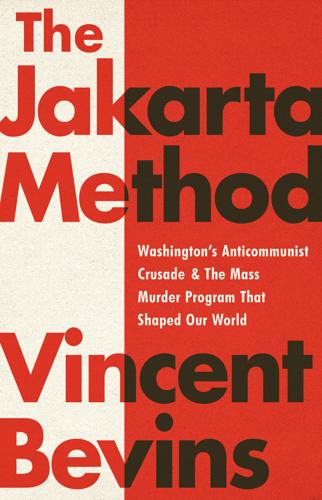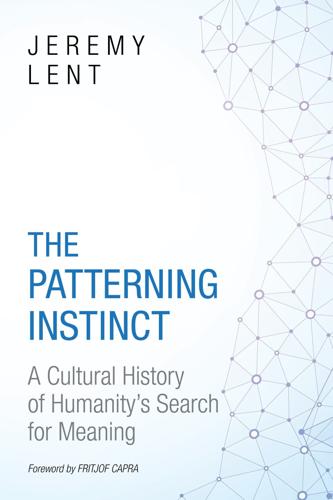
Barefoot Into Cyberspace: Adventures in Search of Techno-Utopia
by
Becky Hogge
,
Damien Morris
and
Christopher Scally
Published 26 Jul 2011
So if there’s a change in political mood it doesn’t matter because it doesn’t change the values on contracts, it doesn’t change the numbers in banks. Power interests have put their wealth into a structure which is immune, not totally but mostly, from political sanctions.” It seems to me that what Julian is talking about is the triumph of global capitalism over Western democracy, the slow-knit of the corporate ethos into civic life. “In the West,” he continues, “Perhaps speech is free because it actually has very little ability to change underlying power dynamics. Whereas in the developing world the basic structure of society is political and so when the political mood changes, who has power and who has assets can completely change.”

The Great Disruption: Why the Climate Crisis Will Bring on the End of Shopping and the Birth of a New World
by
Paul Gilding
Published 28 Mar 2011
Although only a few thousand words, it took me over four months to write. I think in hindsight I was fearful of making the call in such a public way. Despite the oil and food price rises, we were at this stage still in boom times. I remember in the first month I was writing that the Dow soared from 11,800 back up to 13,000. Many saw this whole period as the triumph of globalized capitalism. The shakiness in the financial markets in 2007 and early 2008 was seen as a minor blip in an endless boom and an era of supercycles. Saying it was all over felt like exposing myself to serious ridicule. Nevertheless, in July 2008 I sent the letter out far and wide. The first page read as follows: And so the moment arrives.

The Jakarta Method: Washington's Anticommunist Crusade and the Mass Murder Program That Shaped Our World
by
Vincent Bevins
Published 18 May 2020
He is very open about problems with the socialist system in his country, but said that the government in Vietnam, much like in China and the rest of what’s left of the socialist world, watched very carefully what happened to the Soviet Union and its satellites after 1989, and are desperate to avoid repeating those experiences. Certainly, the leaders of the Communist Parties who ran the Soviet Union and the Warsaw Pact countries lost, and lost big. But what about their citizens, the regular, suffering peoples of the communist world? Did the triumph of global capitalism mean victory for them too? Were they rewarded with prosperity and democracy? Economist Branko Milanovic, one of the world’s foremost experts on global inequality, born and raised in communist Yugoslavia, asked those questions on the twenty-fifth anniversary of the fall of the Berlin wall.

The Patterning Instinct: A Cultural History of Humanity's Search for Meaning
by
Jeremy Lent
Published 22 May 2017
Further up the scale, the inequality gets even more extreme: the top 1 percent of the country own 43 percent of the non-home wealth, whereas the lower 60 percent of the population claim just 0.3 percent of the nation's wealth.31* Wealth disparities within the United States, extreme as they are, pale in comparison to the gulf between the global rich and poor. As the twentieth century began, the richest countries in the world were about ten times wealthier than the poorest. With the triumph of global capitalism, the twenty-first century began with the richest countries seventy-one times wealthier than the poorest. The statistics describing the chasm between rich and poor are so extreme that they are frequently difficult to grasp. Oxfam reported in 2017 that the richest eight men in the world now own as much as the entire bottom half of the world's population, comprising 3.7 billion people.